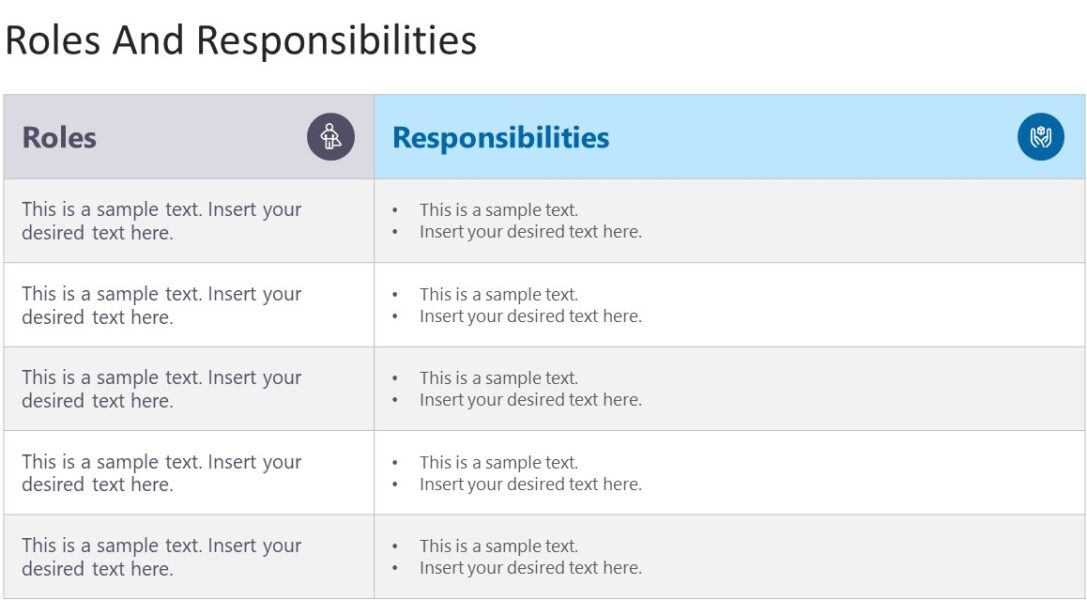Roles & Responsibilities
Develop Your Path to Greatness
“Familiarizing oneself with their roles and responsibilities is essential for employees to perform their jobs effectively, to achieve their goals, and to contribute to the success of their organization and the Department of Energy.“
links to resources

Understanding one’s roles and responsibilities can help employees identify areas for improvement and growth and to develop a career plan. It also enables employees to take initiative and ownership of their work and to identify opportunities for collaboration and teamwork.
Explicit Vs Tacit Knowledge
While explicit knowledge can be formally documented and shared, tacit knowledge exists inside the heads of your employees. It comes from experience learned on the job and can be difficult to articulate or express. It takes the form of personal wisdom, intuition and insights. It is the TACIT knowledge that is the invaluable resource that we need to capture and transfer to new employees in order to maintain organizational efficiency. Tacit knowledge is key to fully understanding the roles and responsibilities and performing one’s job efficiently and effectively.
Importance of understanding roles & responsibilities
Understanding one’s roles and responsibilities within an organization is crucial for the success of both the individual and the organization as a whole. When each member of a team understands their specific role and responsibilities, they are better equipped to work effectively and efficiently towards achieving the organization’s goals. This level of clarity ensures that tasks are completed on time and to the required standard, reducing the risk of errors, misunderstandings, and duplication of effort. It also allows team members to better support and rely on one another, improving communication and collaboration within the team.
In addition, understanding one’s roles and responsibilities can help individuals feel more invested in their work and the organization. When people know what is expected of them, they can take ownership of their tasks and feel a sense of accomplishment when they meet or exceed expectations. They are also better able to identify areas for improvement and proactively seek out ways to contribute to the organization’s success. This sense of purpose and autonomy can lead to increased job satisfaction and motivation, resulting in higher levels of productivity and engagement.
Moreover, understanding one’s roles and responsibilities can also help with accountability and performance management. When everyone is clear on what they are responsible for, it becomes easier to track progress, measure performance, and provide feedback. This can help managers identify areas where support and resources are needed, and ensure that team members are working towards the organization’s goals in a consistent and aligned manner. Clear roles and responsibilities can also help with delegation and decision-making, as team members know who to turn to for guidance and who has the authority to make certain decisions.
Finally, understanding one’s roles and responsibilities can contribute to a positive work culture. It promotes transparency, fairness, and respect, as each person’s contributions are recognized and valued. This, in turn, can help build trust within the team and foster a sense of shared purpose and commitment towards achieving common goals. When everyone is working towards a common vision, it can create a sense of unity and motivate team members to go above and beyond in their work. Overall, understanding roles and responsibilities within an organization is essential for creating a high-performing, collaborative, and fulfilling work environment.


featured videos: understanding roles & responsibilities

Professional

Comprehensive

